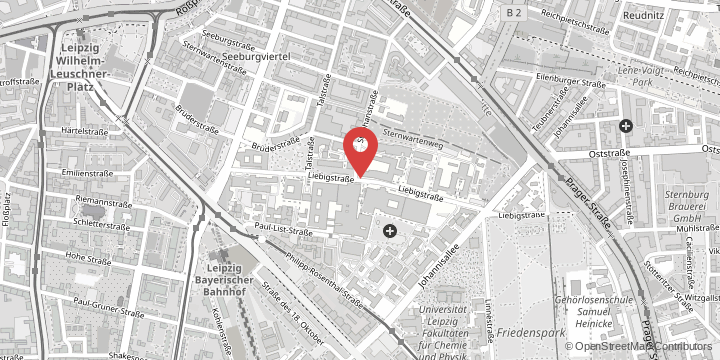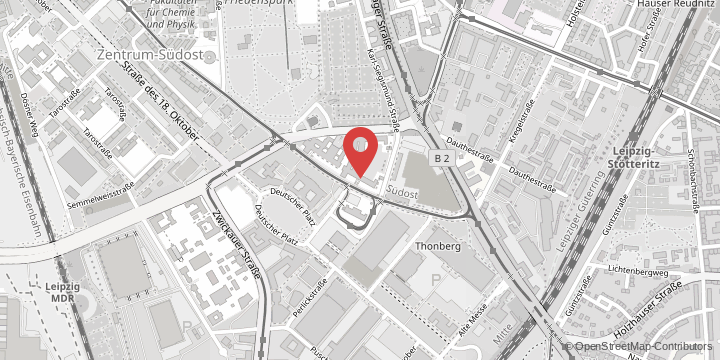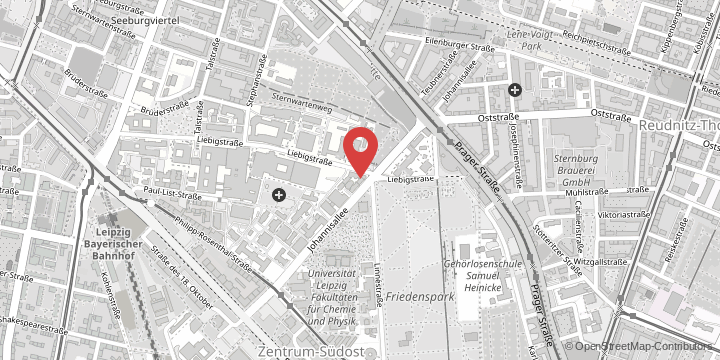Transnational Seminar "Cultural Transfer" in cooperation with the Digital Lab
Cultural Transfers and Digital Humanities – Methods and challenges
The sessions of this seminar are held in French, English or German, whereby the language of the lecture results from the given working title, while interventions in the discussion are possible in all three languages.
Tommaso Venturini, Université de Genève Medialab, CNRS Center for Internet and Society
From transfer to resonance
Since the Shannon–Weaver’s model, communication is often represented “topologically” as the transmission or transfer of content from a source to a destination. In this talk, I will suggest that this idea is connected to a literate conception of culture and communication that discounts other forms of cultural propagation that are best described by “temporal” metaphors of resonance or resounding. In the context of contemporary digital media, these metaphors allow to better make sense of phenomena of digital memesis and secondary orality.
Jana-Katharina Mende, Martin-Luther-Universität Halle-Wittenberg
Comparative Literature, Comparative Data? Computational Methods in Transnational Contexts
Digital humanities, specifically Computational Literary Studies, provide a large set of digital tools and methods designed to investigate literary corpora through stylometry, topic modelling, sentiment analysis, corpus analysis. However, in recent years many projects within Computational Literary Studies have shown a monolingual and disciplinary bias favoring projects that work with one language, based on national corpora or authors. This has technical as well as institutional reasons but both lead to an exclusion of dedicated tools for studying the core subjects of comparative literature: comparisons across linguistic and literary boundaries, transfer and translation, multilingualism and transculturalism.
The inclusion of digital methods comes with some basic changes regarding traditional literary studies research: What happens when literary texts become data? How can we work around ‘national’ or monolingual standards and datasets to use it for comparative literature? How applicable are concepts like scalable reading (Weitin 2017), data diffraction (Kleymann 2022), smart data (Schöch 2013) and how can they be linked to theoretical approaches within comparative literature? And finally, what can we gain in using a digital or mixed-methods approach to study literary networks, compare texts, and model transcultural literary movements?
This contribution delves into multilingual literary networks of the 19th century, showcasing the use of data and digital methods to research previously understudied authors and literatures, while reflecting on and redefining concepts of data and literature within comparative literature.






























































